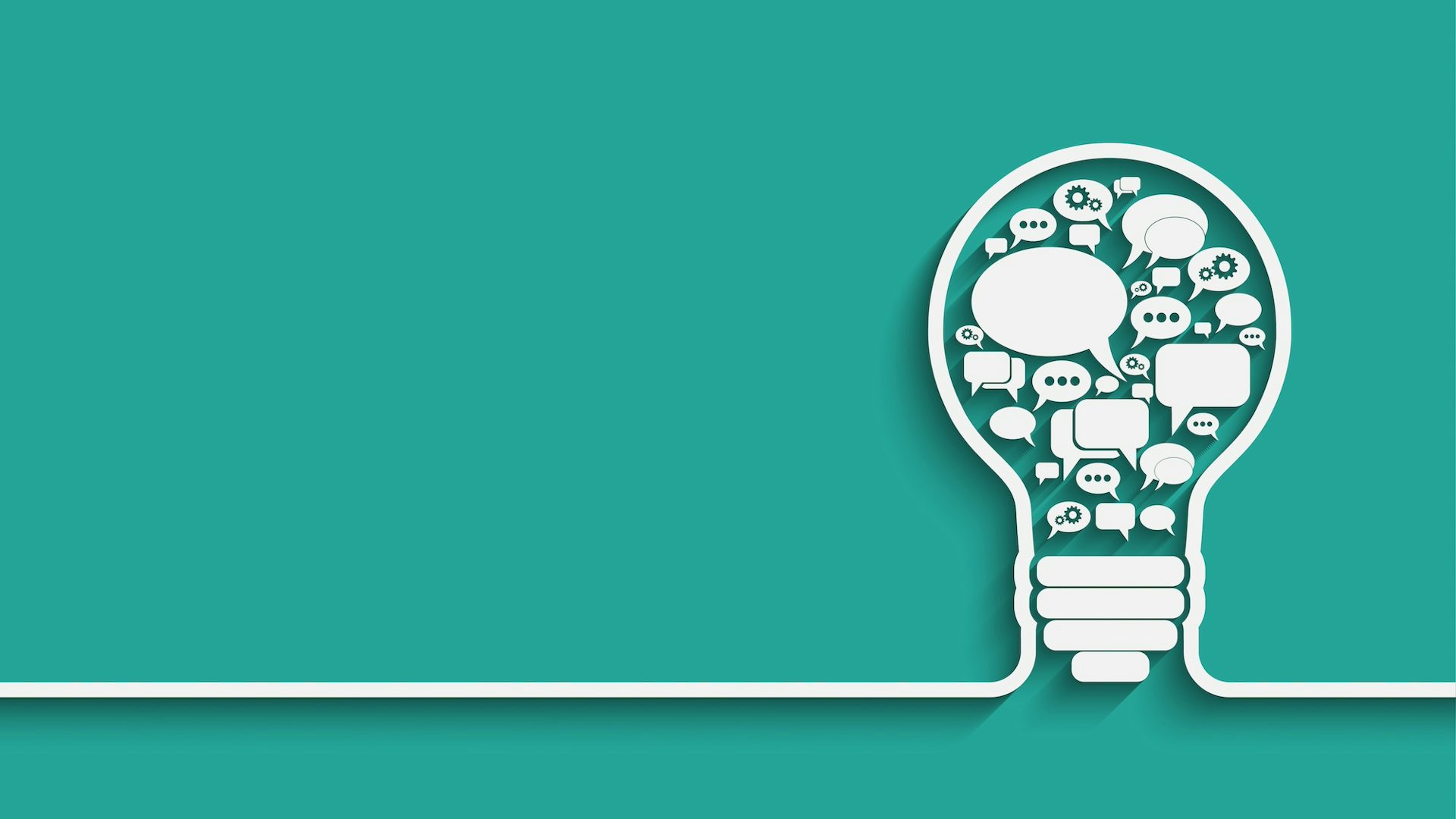Why building a strong creative team calls for brutal self-reflection
Dan Crowder, founder at recruitment agency Craft, says design leaders should ask themselves tough questions before even thinking about hiring
As we move forward into 2024, competition for top creative talent remains fierce. You might be surprised to hear me (a design recruitment agency owner) encourage the idea that building – and keeping – a strong team doesn’t start with recruitment. Rather, it’s about knowing who you are as an agency, and letting that distinctiveness drive everything you do.
Agencies are experts in discovering what makes brands tick, pushing them to consider what they really stand for so they can drive a powerful and ultimately commercially-successful identity – but they often skip this step for themselves.
This starts with being transparent about why you’re recruiting and the business issues you’re facing. Nobody hires at the top levels without a real problem that needs solving. When we’re briefed to fill C-suite positions, reasons range from a desire to break into a new market, to working against a negative perception in the marketplace, growing a new service line, or a re-organisation of the leadership team. We don’t tend to hear the same level of honesty where mid-senior roles are concerned.
Let’s be honest about why people are needed at every level and transparent about the skills or attributes missing from the current team. We’d never be briefed to find an MD “just like the last one”. So why would you use the same job description to try and hire a clone of a mid-level role that didn’t work out?
HONESTY IS THE ONLY POLICY
Process might not have a hip reputation, but it’s vital when hiring new talent – and in today’s climate of economic instability, honesty, objectivity and clarity are more vital than ever.
If your team heads in at 10am and leaves at 6pm, you’re relaxed on the rules as long as the job gets done, and you left after work drinks behind in pre-pandemic life, that’s fine. If you’d describe yourselves as niche, passionate and geeky, that’s also great. Some of the best designers we know have an obsessive hobby or side hustle, be it honey-making or cycling. Or if you’re work-hard, play-hard, and midnight stops are a regular thing in your studio, be honest about it. The important thing is to be straight up about your ethos and values.
No-one is perfect and the ‘perfect’ agency doesn’t exist, so don’t project clichés otherwise you’ll end up with cookie cutter people and problems. Being unique is an attractive proposition, forcing a pub lunch every Friday isn’t. People want to know what they’ll be working on, what’s expected of them, and what kind of culture they’re walking into before signing a contract.
ADAPT YOUR PROCESS
When it comes to hiring, be frank and honest in the recruitment process – stop asking people in for “a chat” or starting questions with “off the top of my head”. Standardised competency questions can be helpful but if they don’t feel right to you, don’t use them; create a recruitment process that’s reflective of who you are as an agency.
This starts with setting super clear expectations of a role, to the extent of defining, say, three things you need this person to do, and three behaviours or traits that enable that. A clear framework can guide the interview process, where you look for evidence of skills to deliver those key things, and design questions around the traits and behaviours that make that role a success.
The language we use is important and sets the tone for the hiring process. So, if you say it’s a casual chat then make sure it ends up being that
You can also tailor the interview experience to reflect your culture and see how somebody might embed into the team. We partner with an independent boutique design agency that invites everybody to a paid half-day trial at their studio as a part of its recruitment process.
Another agency we work with always holds the third interview at a pub, which speaks well to its distinct culture. The key is to think of ways to adapt your process to be purposeful for the role. And while we’re at it, let’s drop design tasks for creative directors as part of a wider move toward new ways of exploring capability at the right levels.
THE NON-NEGOTIABLES
Every agency is unique, but some things are non-negotiable to win the talent race. Be respectful and punctual, don’t make last minute changes to interview plans, and always be honest.
The language we use is important and sets the tone for the hiring process. So, if you say it’s a casual chat then make sure it ends up being that, not a spontaneous talk through their portfolio.
We often see people interviewing for that ‘aha’ moment, when the truth is, there’s no silver bullet to hiring success. Building a strong team starts with being honest about your problems, so you can look for people who offer solutions. Agencies constantly advise brands to be authentic: they need to start doing the same.
Dan Crowder is founder and managing director at design recruitment agency Craft; craftagency.co.uk; Top image: Shutterstock










